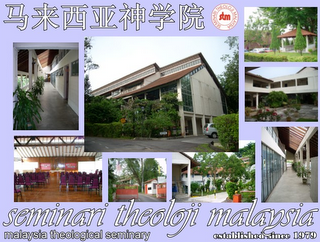 Yesterday I made a new friend, Rev. Sivin Kit, he is a theologian, and pastor, and to our amazement we found that we have so many things in common! Rev. Kit kindly collected me from Kuala Lumpur at the end of the MPC to bring me to the 'Seminari theoloji Malaysia'. He is a past graduate of the seminary, and now serves as a Lutheran pastor in KL.
Yesterday I made a new friend, Rev. Sivin Kit, he is a theologian, and pastor, and to our amazement we found that we have so many things in common! Rev. Kit kindly collected me from Kuala Lumpur at the end of the MPC to bring me to the 'Seminari theoloji Malaysia'. He is a past graduate of the seminary, and now serves as a Lutheran pastor in KL.
As Sivin and I talked I was amazed to discover just how many things we have in common as persons (for one thing we're the same age, but for another we are both avid bloggers! Please take a look at Sivin's blog here: Sivin Kit's Garden. Sivin is also the co-ordinator for 'emergent Malaysia', a network of pastors and laity that are engaged in the conversations of the emergent Church movement. He knows so much more about both the theology, and the ideals, of this movement than I do! What is more, Sivin hosted Brian Mclaren on his visit to Malaysia (I even got to eat in the same restaurant as they ate!) Thanks Sivin for your hospitality, friendship, and patient engagement with me!
The Methodist Prayer Convention ended on a spectacular note on Sunday with a mass worship service of 13 000 Methodists in one of the local stadiums in Kuala Lumpur. This is the first time in the history of Malaysia (a Muslim country) that such a large gathering of Christians has met. The service was wonderful with a diversity of cultures (Malay, Chinese, Tamil, English, and many others) represented both in cultural items and in the liturgy and worship. Bishop Hwa Yung, whom I have come to regard very highly, preached a very challenging charge to us on how we can be faithful to live by faith in challenging circumstances, just as Abraham did. I am greatly encouraged by the conviction, spirituality, and social concern of the Malaysian Methodist Church. It is a very exciting place to be, and of course there are so many wonderful people! I look forward to spending an eternity with these wonderful sisters and brothers in Christ's presence.
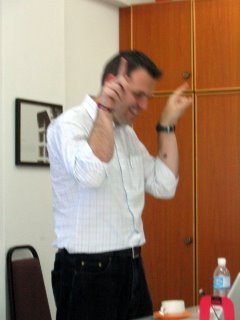 Yesterday Sivin collected me to come and do some teaching at STM. A group of 20 or so faculty (for our South African readers, that means lecturers / Professors), alumni, and Masters / Doctoral students, gathered for the day's workshop. I lead two sessions:
Yesterday Sivin collected me to come and do some teaching at STM. A group of 20 or so faculty (for our South African readers, that means lecturers / Professors), alumni, and Masters / Doctoral students, gathered for the day's workshop. I lead two sessions:
- Social holiness as Christian perfection - the Methodist Church of Southern Africa?s (MCSA?s) response to oppression and violence in Southern Africa. This presentation concentrated more on the contextual history of Southern Africa, and traced both the effects of colonialism and apartheid on society, and charted the MCSA's response to these social phenomena.
- An Outcomes Based Education (OBE) approach to equipping clergy and laity for ministries of social holiness (?A Christ healed Africa for the healing of the nations?). This second session was more practical, examining how the MCSA's training processes have sought to equip clergy and laity for the ministry of 'social holiness'.
If you're interested you can download the Powerpoint slides for the two presentations here:
STM Powerpoint.ppt (6MB).
I was so pleased at the incredible discussion and interaction that resulted from the presentations - it would seem that we share many commonalities between South Africa and Malaysia. Issues of race, discrimination, and of course also the issues of poverty, corruption, systemic and social struggles, and a host of other similarities were discussed.
I have included one or two photographs taken by Sivin. Those of you from South Africa will recognise the photo of me doing the 'buffalo hour' posture - afternoon sessions are pretty much the same the world over! A nice lunch, a warm afternoon, and a droning spearker's voice (that's me) set most people's heads nodding! Ha ha! Thanks Sivin for these great reminders of the time with the group.
I have made some wonderful friends here, Dr Ezra Kok (the principal of STM, who studied New Testament under J Dunn at Durham, pictured on the left of the photo below), Mr Cheeseng Yip (a theologian and business man who is the general manager of the seminary, and my gracious host), and Rev Dr Albert Walters (a past faculty member of the seminary, and now an Anglican Parish priest in KL).
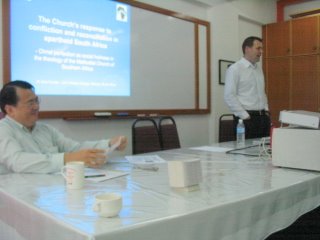
Today I will be taking a trip out to the historic city of Malacca. The grave of St Francis Xavier is still in that city, and it has Dutch, Portuguese, and of course many local historical connections.
Well, it is almost time to come home. I have so missed Megie, Courts, and Liam!!!!
I lave Malaysia on Wednesday evening and fly to Singapore, from there I fly to Johannesburg. Upon arrival I head straight for a meeting with Dean Greg Jones (the Dean of the Duke Divinity school) at our Presiding Bishop's office, and then on to a wedding rehearsal out at Muldersdrift for my friends Doctors Andrew and Susan!
My health is good, my spirits are up, and I am looking forward to being home!
Labels: Malaysia, STM, Theology

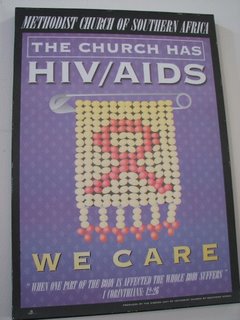
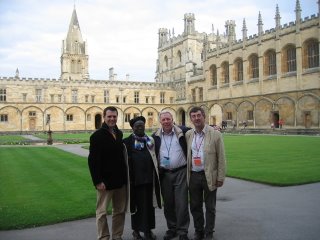
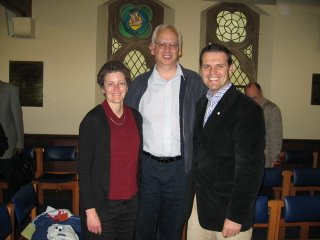
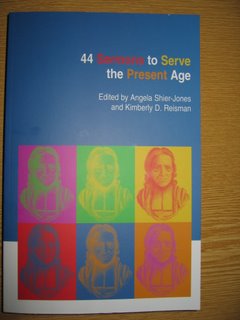
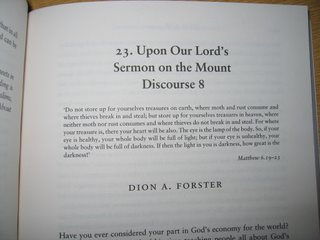

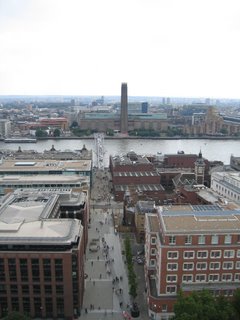
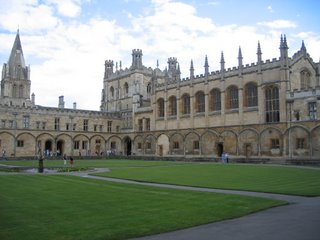
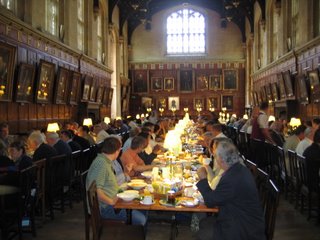
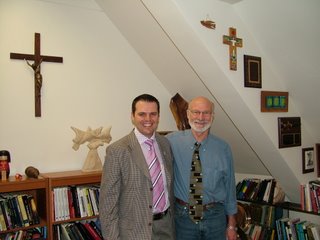
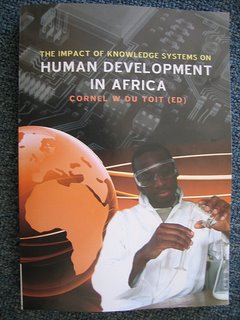
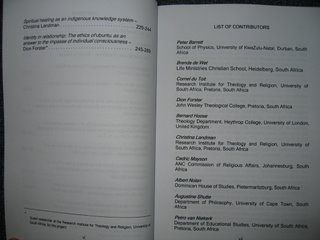
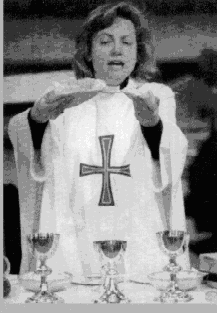

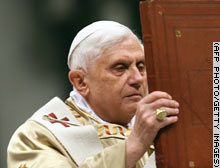




 .
.
 .
.




